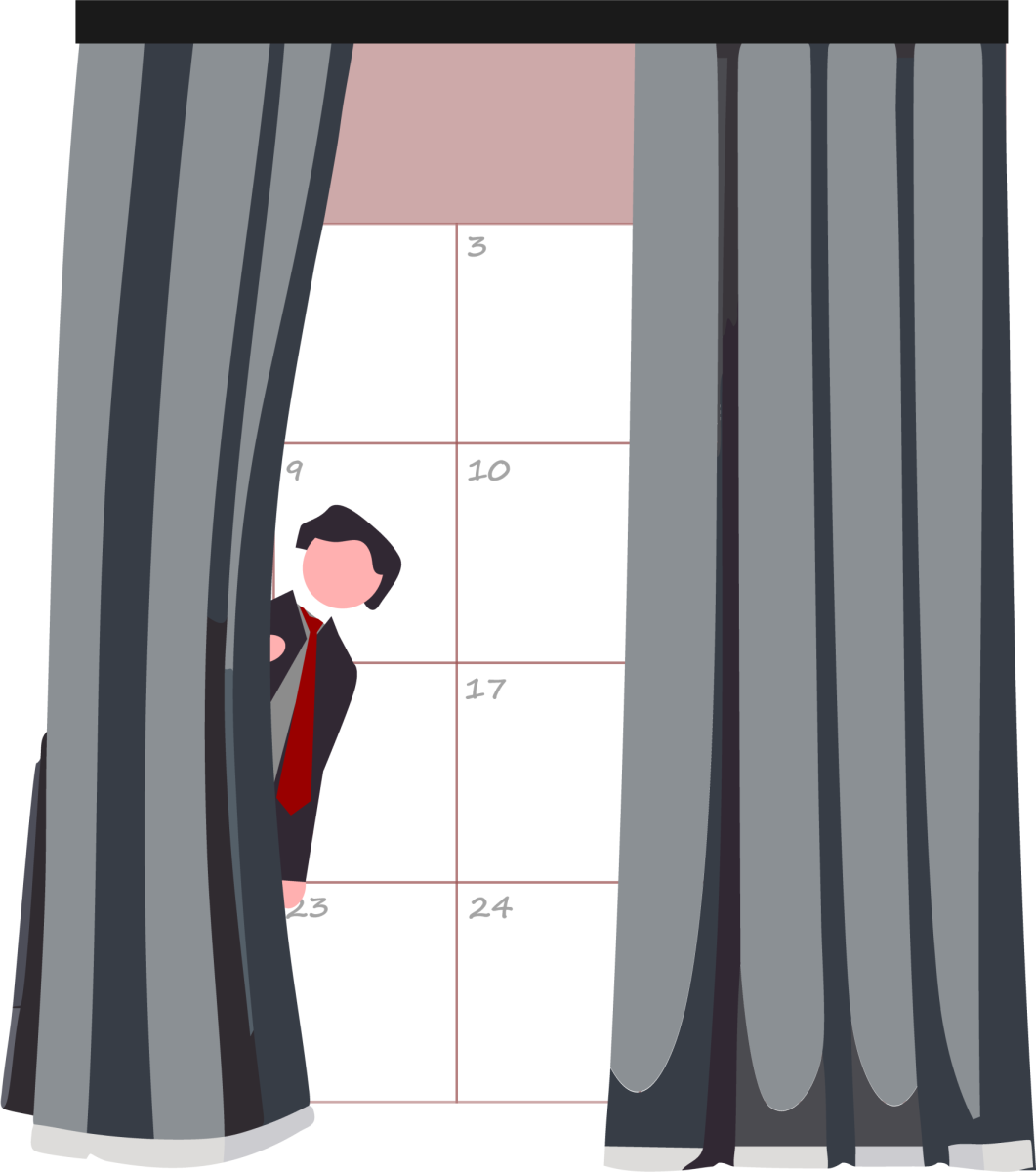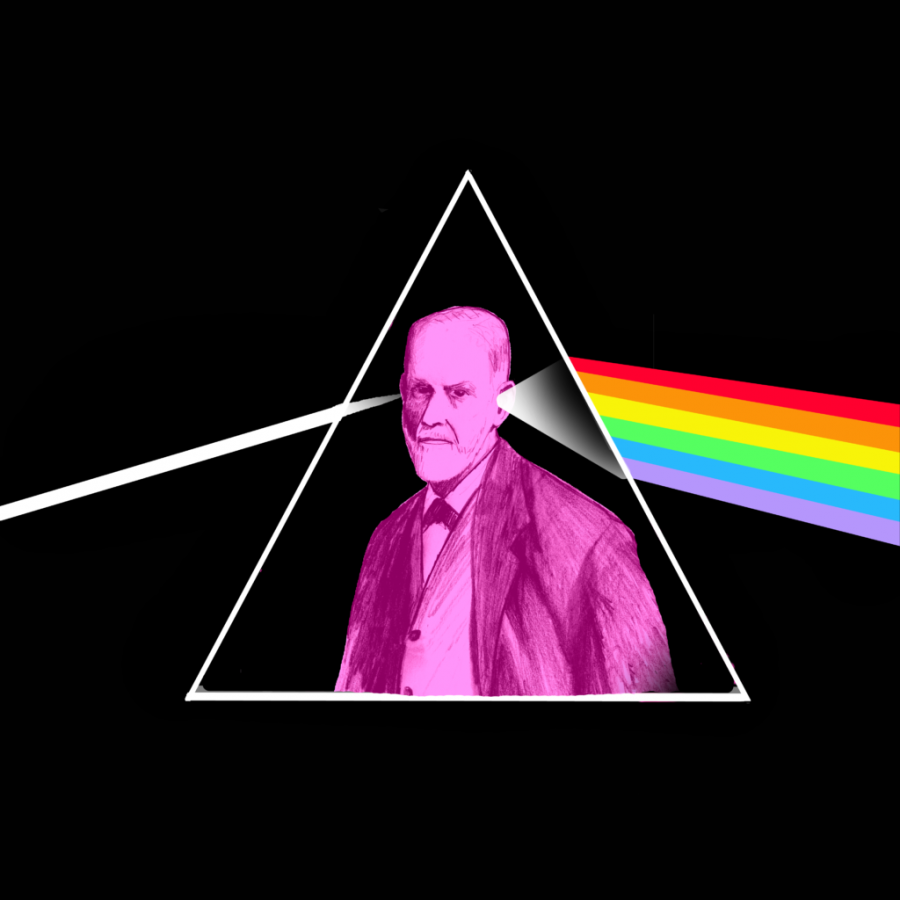Too often music is dismissed as being all about entertainment, consumption and monetary gain. The idea that any musicians may have a creative or political intent when putting together a song or album is dismissed as idealistic and pretentious.
However, music that demonstrates political and creative themes has been produced for centuries. Handel’s “Messiah,” which draws on scripture text from the King James Bible, is a good example of this.
When it comes to contemporary music, there is no better example than that of the legendary British psychedelic rock band Pink Floyd. Throughout its eclectic and genre-bending catalog, Pink Floyd has successfully articulated a variety of political, philosophical and literary themes.
The conceptual masterpiece The Dark Side of the Moon, released in 1973, offers insight into questions about mental health, consumerism and the meaning of human existence.
The song “Time” contains poignant lyrics like “No one told you when to run, you missed the starting gun,” and “Kicking around on a piece of ground in your hometown, waiting for something or someone to show you the way.”
One wonders if Roger Waters, the album’s lyricist, was inspired by Samuel Beckett’s 1953 tragicomedy Waiting For Godot, which captures the lives of two characters, Vladimir and Estragon, who are perpetually waiting for a character named Godot who never arrives. Estragon asks, “Why don’t we leave and get on with our lives?” “We are waiting for Godot,” Vladimir reminds him.
“Time” summarizes the anxiety that rises from human consciousness. “And you run and you run to catch up with the sun but it’s sinking, racing around to come up behind you again. The sun is the same in a relative way but you’re older, shorter of breath and one day closer to death.”
Pink Floyd also makes reference to famous literary works. The 1977 album Animals tells a story inspired by George Orwell’s Animal Farm, a 1945 novel that satirizes Joseph Stalin and the Soviet Union, and it provides commentary on the inevitable corruptions of power.
Animals can be thought of as a 30-year update of Animal Farm, providing meaningful criticism of British politics and socioeconomics of the time.
The song “Pigs (Three Different Ones)” contains the line, “With your head down in the pig bin, saying ‘Keep on digging.’ Pig stain on your fat chin. What do you hope to find? When you’re down in the pig mine.”
“Sheep” provides commentary on Britain’s working class and industrial workers. “What do you get for pretending the danger’s not real? Meek and obedient you follow the leader. Down well trodden corridors into the valley of steel. … Now things are really what they seem. No, this is no bad dream.”
The tradition of using music to make social commentary is being kept alive by American post-metal band ISIS. Post-metal, as a genre, is described by ISIS frontman and lyricist Aaron Turner as being a “thinking man’s metal.”
The 2004 album Panopticon draws heavily on the works of English philosopher Jeremy Bentham and French sociologist Michel Foucault to comment on the prevalence of surveillance in modern society.
Working off Foucault’s idea that surveillance turns humans into objects of observation rather than subjects of communication, Panopticon offers a gloomy take on “life reduced to ticks” through government surveillance and invasions of privacy. This is seen in the song “Backlit.” “Always object, never subject. Can you see us? Are we there? … Always upon you, light never ceases. … Thousands of eyes, gaze never ceases.”
The frightening implications of living in a surveillance society, where everything is potentially seen, tracked, stored and documented, are best explained in the song “In Fiction,” which concludes with the line, “Yet under this mortal sun, we cannot hide ourselves.”
The song “So Did We” is more optimistic. “From forest caves and azure skies, we crashed upon this earth. The years they passed and so did we. But, resistance would be brought.”
It is impossible to overstate the cultural impact music has had on society. Just as literary works, plays and political essays can shape, shift and comment on society, so can music.

















